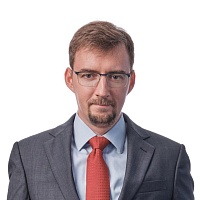
Modern international relations are in a state of protracted transit. It can be characterized as asynchronous multipolarity. Some areas are characterised by the distribution of power among a few or even many actors, while others are dominated by institutions and practices of the Western-centric world.
For example, in the military-political sphere, apart from the United States, there are a number of other powerful actors, particularly Russia, China and India. However, in the field of global finance and in global production chains, the role of the United States and other Western countries remains predominant. Dominant positions in finance, trade and technology can be used for political purposes in the form of sanctions, restrictive measures or setting standards.
For the first time in the past thirty years, the political crisis in relations between Russia and the West has given rise to an attempt to isolate a large economy, removing it from the existing world system. Growing political tensions between the United States and China create the preconditions for the further dismantling of the existing system. The countries of the world majority are in no hurry to make a choice between cooperation with the West and its opponents. However, the demand to hedge the risks of politicising the economy is growing.
The task is to create alternative, non Western-centric, structures of economic relations. The expanding BRICS group is becoming one of the supporting structures of the new interconnectedness. It is unknown how long the transitional state of the world order will last and whether it will yield a new quality, in which military-political multipolarity will coexist with several alternative political-economic systems.
The Valdai Club programme is devoted to the study of trends in modern economic connectivity, the analysis of its use for political purposes, as well as the search for new systems of interaction between Western and non-Western actors.